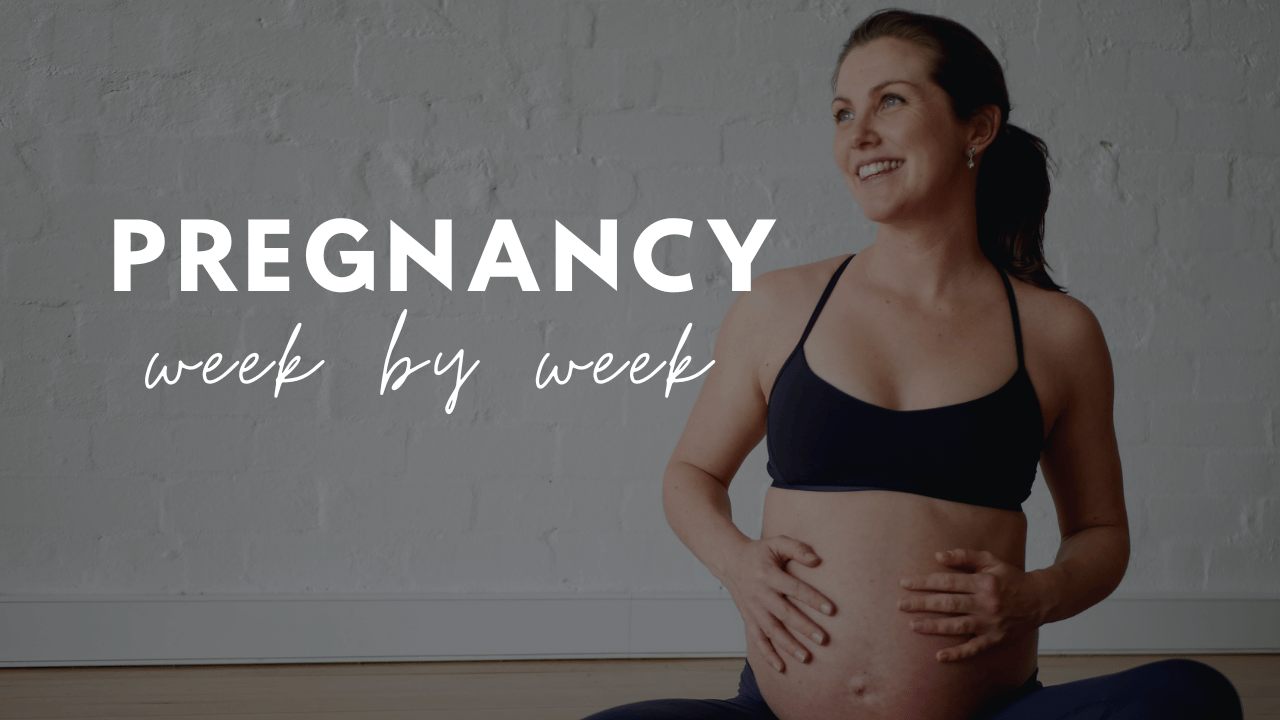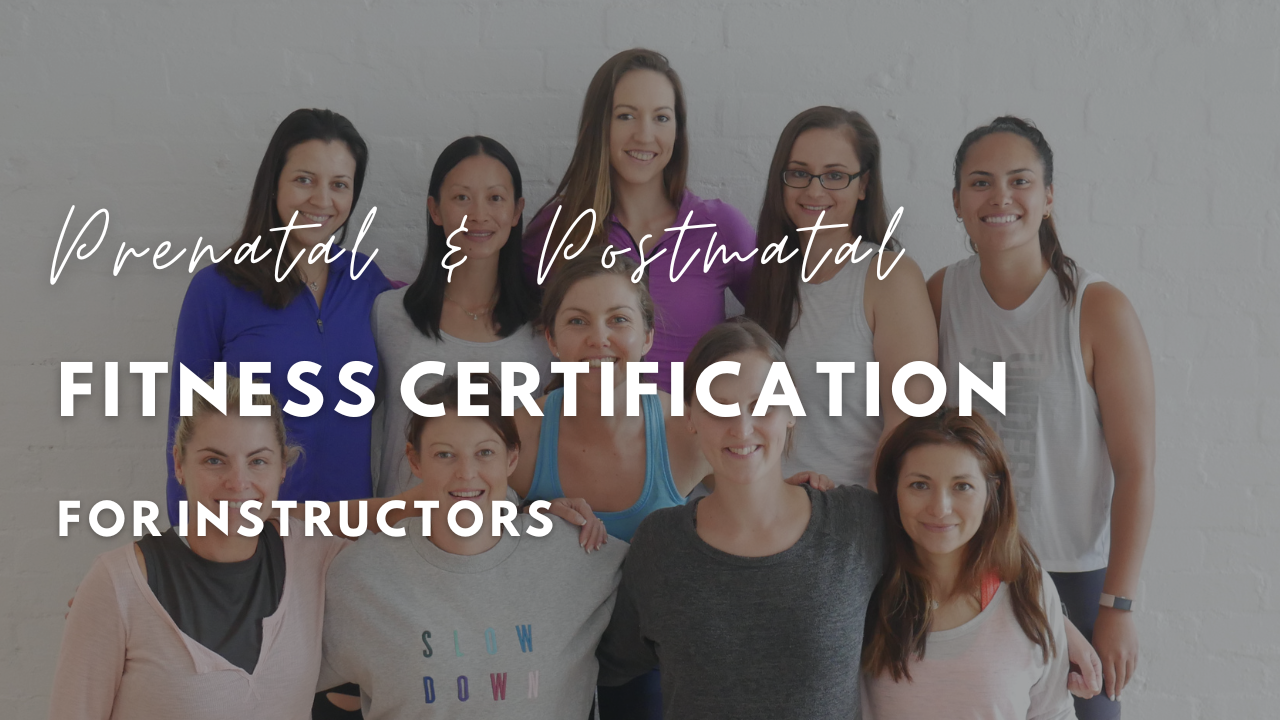The DANGERS of Listeria in Pregnancy!

Listeria in Pregnancy
We explore the DANGERS of Listeria in Pregnancy. Pregnant women are at a higher risk of listeriosis, a serious infection caused by eating food contaminated with the bacterium Listeria monocytogenes.
We discuss the symptoms, potential complications, and how to reduce the risk of infection through safe food handling and dietary choices.
Join us as we provide critical information for expecting mothers to protect their health and the health of their babies.
Listen to our recent podcast with Dietitian and Nutritionist, Carla Johnson regarding Listeria in Pregnancy.
Listeria is a type of Bacteria
Listeria is a type of bacteria that can cause serious illness in pregnant women, and it's crucial that we talk about it. As an expectant mother, it's essential to be aware of the risks associated with Listeria and take the necessary precautions to protect yourself and your baby.
Learn Which Foods Contain Listeria
When it comes to food, Listeria can lurk in some surprising places. Did you know that foods like soft cheeses, hot dogs, and deli meats can harbor this bacteria? These are all common foods that many pregnant women consume, often unaware of the potential risks.
In the United States, for example, Listeria is responsible for approximately 1,600 cases of foodborne illness each year. Of those cases, about one in seven occur in pregnant women.
Pregnant Women are More at Risk
Pregnant women are about 10 times more likely to get Listeria than the general population, and the risks are even higher for women over the age of 65.
The reason for this increased risk is due to a weakened immune system during pregnancy, making it more challenging for the body to fight off infections.
Unfortunately, Listeria can cross the placenta and infect the baby, leading to serious health complications, including miscarriage, stillbirth, and premature birth.
Severe Illness
In some cases, Listeria can also cause severe illness in the mother, including meningitis and septicemia.
These can be life-threatening conditions that require immediate medical attention. When a pregnant woman contracts Listeria, it's essential to seek medical help right away to reduce the risk of complications.
Know the Symptoms
The symptoms of a Listeria infection can be mild, making it difficult to diagnose. You might experience flu-like symptoms, such as fever, chills, and muscle aches, or gastrointestinal symptoms like diarrhea and nausea.
In severe cases, you might notice more intense symptoms like headaches, stiff neck, or confusion. If you suspect you've been infected, it's crucial to consult your healthcare provider immediately.
Spread of Listeria
Listeria can spread through contaminated food, water, and even person-to-person contact. Foods that are typically associated with Listeria outbreaks include soft cheeses like feta and brie, hot dogs, deli meats, and raw sprouts.
To reduce the risk of infection, it's essential to handle and store these foods safely, wash your hands frequently, and avoid cross-contamination.
In 2011, a Listeria outbreak in the United States caused by contaminated cantaloupes resulted in 147 reported cases, including 33 deaths. One of the cases was a pregnant woman who miscarried due to Listeria infection.
This heartbreaking story highlights the devastating consequences of Listeria during pregnancy and the importance of taking preventative measures.
Emotional and Physical Impact
The emotional and physical impact of a Listeria infection during pregnancy can be overwhelming. Imagine being excited to meet your new baby, only to face the possibility of severe health complications or even loss.
It's a terrifying experience that no expectant mother should ever have to go through.
In another case, a woman named Sarah contracted Listeria during her third trimester. She had been eating soft cheeses and deli meats, unaware of the risks.
After experiencing flu-like symptoms, she was hospitalized for several weeks and eventually gave birth to a premature baby.
The experience was traumatic, and Sarah was left feeling anxious and guilty for not knowing the risks sooner.
These real-life stories emphasize the importance of awareness and education about Listeria during pregnancy. By knowing the risks and taking the necessary precautions, you can significantly reduce your chances of infection.
Get 200+ FREE Pregnancy Workouts >
Take Precautions
In summary, Listeria is a serious risk during pregnancy that can have devastating consequences.
By being aware of the foods that commonly carry this bacteria, taking precautions to handle and store food safely, and seeking medical help immediately if you suspect infection, you can protect yourself and your baby.
Remember, awareness is key, and knowledge is power.
So What is Listeria?
It's the first thing everyone tells you in pregnancy isn't it? But it's super important, because prevention is definitely better than treatment!
Listeriosis is a rare, but serious disease caused by a bacteria called Listeria that can survive and grow on food. It's actually really common for many of us to eat foods that are contaminated by listeria and not really affect our health.
However, there are certain groups of people, such as women are who pregnant where it can become quite serious for these vulnerable groups and require hospitalization, due to the risk of death.
Your Environment
Listeria is commonly found in the environment (such as soil) as well as raw foods.
Unlike other types of food-borne bacteria, Listeria is super risky because it continues to grow at refrigeration temperature, whereas other types of bacteria tend to stay dormant.
Foods that are of high risk of carrying Listeria are:
1. chilled seafood such as raw oysters, sashimi and sushi, smoked ready-to-eat seafood and cooked ready-to-eat prawns
2. cold meats from delicatessen counters and sandwich bars, and packaged, sliced ready-to-eat meats
3. cold cooked ready-to-eat chicken (whole, portions, or diced)
4. rockmelon
5. pre-prepared or pre-packaged fruit or vegetable salads, including those from buffets and salad bars
6. soft, semi-soft and surface-ripened cheeses such as brie, camembert, ricotta, blue and feta
7. refrigerated pate; or meat spreads
8. soft serve ice cream
9. unpasteurised dairy products.
Get 200+ FREE Pregnancy Workouts >
Why are women at a higher risk of developing listeria in pregnancy?
The disease mainly affects the elderly, pregnant women and their unborn and newborn babies, and people with weakened immune systems due to illness or medication (for example, people on cancer treatment or steroids, and people with diabetes, transplant patients).
During pregnancy, a women's immune system is lowered due to the nature and requirements of making a baby, therefore you don’t often have enough cells to fight off any intruders.
Once you consume food with bacteria, it crosses the intestinal wall and travels around the body via the blood supply which is how it affect your baby in the womb.
Can you talk us through eating prawns?
I know – it's tricky! My tip is to always think about food safety and where/when it’s been cooked.
As a rule, it's always about when and where your food has been bought, cooked and cooled and in what order this happens.
For example about prawns:
1. prawns are generally caught fresh and then either cooked and then frozen, or frozen uncooked on the boat, which means they can be transported to your local fish store or supermarket.
2. Once at your local store, the prawns will then be thawed out and stored in the refrigerated cabinet on show.
3. This is where the risk of listeria is highest, because you don't know how long the prawns on have been sitting on display and what temperature they have been handled at.
4. Therefore, if you buy the cooked prawns, and eat them (without reheating) then there is a really high chance of contracting listeriosis.
5. I would recommend buying the uncooked prawns, cooking them yourself and eating straight away (or you storing them appropriately in your fridge at home).
It's the same with cold, processed meats or salads from the deli – you just don't know how long they have been sitting exposed to the risk of bacteria living and there is no chance that they will be killed by heat before eating them.
Washing salads and bean sprouts is important?
As I said earlier, Listeria lives in the environment, and in particular in soil. When you buy fresh salads you need to make sure you wash these thoroughly to ensure you get rid of any soil which would like contain listeria.
Pre-packed salads are usually fine if they are fresh and well within their expiry date however there still is small chance because often the bag says 'washed and ready to eat' so you usually eat it straight from the bag! So really this again, is a food safety risk.
Beans sprouts tend to be a no-no because again, you don't tend to wash your alfalfa or mung bean sprouts before throwing them into a salad because they go soggy.
So during pregnancy, you're better off just to leave them out of your dishes for the time being.
What are some take home messages about food safety you would give?
Just be sensible!
As a dietitian, I believe it's so important that you are getting everything you need to supporting growing a baby.
And we are also recognizing the importance of early nutrition for the development of bub too. So over-restricting your food intake unnecessarily may cause you poorer health outcomes later on.
1. avoid foods that is past its best before or use by date
2. refrigerate leftovers promptly and using them within 24 hours, or freezing them
3. cook food thoroughly - make sure all meats are cooked to well done,
4. reheat food until it is steaming hot
What happens if a pregnant women develops listeria?
The symptoms of listeriosis include fever, muscle aches, and sometimes nausea and diarrhea. It may also cause septicemia (blood poisoning) and meningitis (inflammation of the outside of the brain)
And death can occur because of these complications which is why it’s so important to be cautious and prevent the contraction of it in the first place.
Symptoms
Symptoms usually start between 3 to 70 days (average 21 days) after eating food contaminated with the bacteria, so sometimes it’s difficult to trace back to where you can have eaten something.
The actual number of cases in Australia is only 80 per year, and this includes everyone (not just women who are pregnant) so it is quite rare, but I think that’s because we are doing such a great job at prevention and supporting women to really be proactive about this.
Carla Johnson - Accredited Dietitian and Nutritionist

Carla has a passion for food and the enjoyable experience it brings to all of us. She believes cooking and preparing food is a really nurturing way of caring for ourselves and it's a really special thing to pass onto others.
She love helping women because women are the spoke in the wheel and often are supporting so many other people in their life, so if she can help women stand tall and live well then that ripple effect is going to go far.






